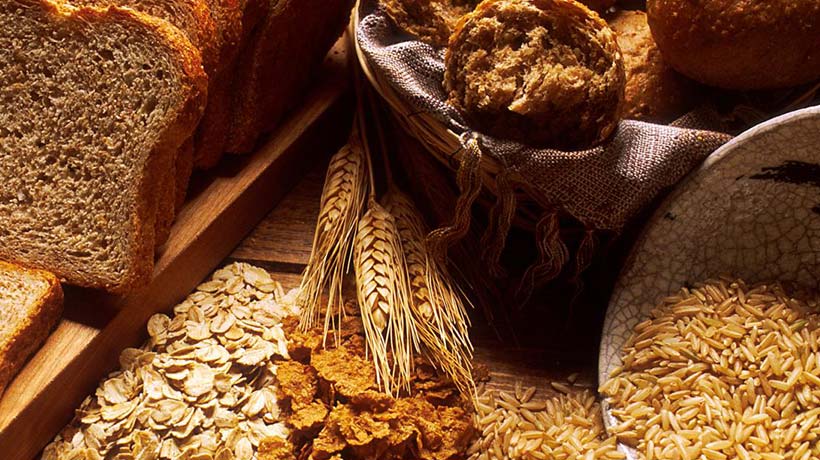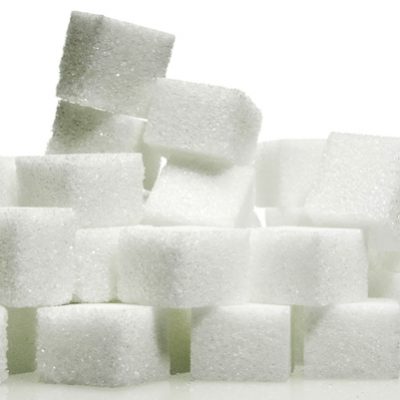
Dietary fibre may hold key to stopping intergenerational obesity
A recent study has shown how prebiotics, forms of dietary fibre, may alter maternal gut bacteria and halt the chances of obesity ‘running in the family’. The researchers, from the University of Calgary, aimed to use diet to change mothers’ gut bacteria in such a way that the intergenerational cycle of obesity was broken. They wanted to do this by identifying healthy foods to feed beneficial bacteria, thereby counteracting the negative effects of unhealthy foods. Prebiotics are naturally occurring forms of dietary fibre and can be found in foods such as garlic, onions and wheat. They are non-digestible and they stimulate and feed health promoting bacteria.
Prebiotic supplements were given to rats and they were also fed high fat and high sugar diets, the other group of rats received the same diet but no supplement. It was found that the rats taking the supplements ate less and eventually had a lower percentage of body fat compared with the control group. Whilst the prebiotic encouraged the growth of ‘good’ bacteria, they also led to the release of hormones that promoted a sense of satiety, meaning that the rats subsequently ate less. The researchers do emphasise however that humans are far more complex than rats, and the use of prebiotics should not be seen as fully transferable yet, or even thought of as a cure for obesity, further study into the use of prebiotics in humans is therefore needed.




